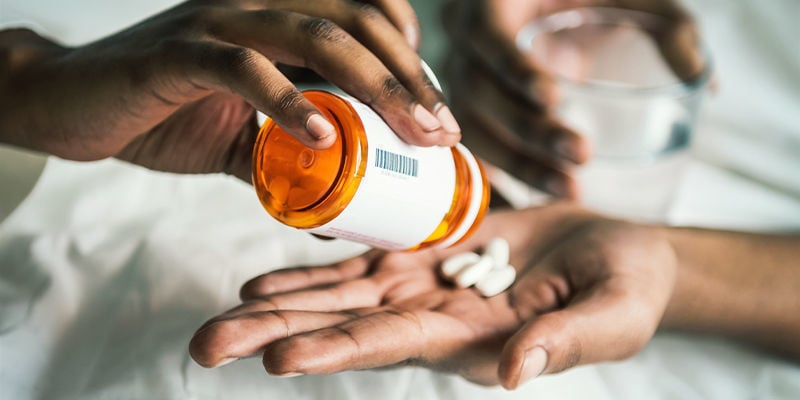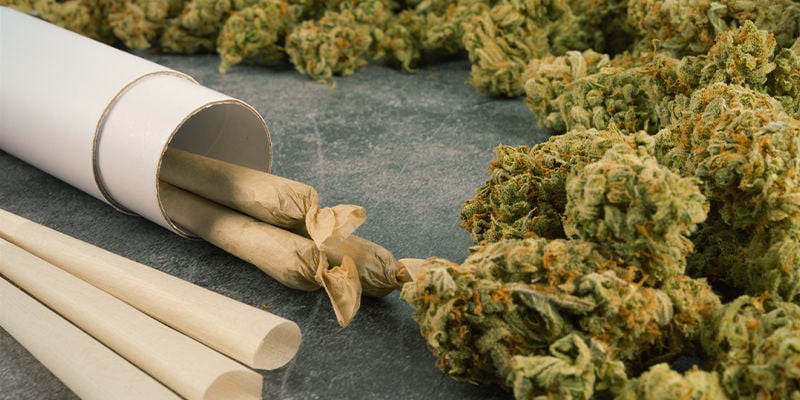
What Is The Difference Between A Drug And Medicine?
The difference between a drug and a medicine is frequently difficult. There are some easy to spot differences. However, particularly when it comes to herbal based medicine, the difference becomes more difficult. Such definitions also change with greater medical understanding of the impact of many of these substances.
The current debate over the difference between drugs and medicine is not a new one. It has been raging ever since the end of the 19th century. It became an issue when both the medical and pharmaceutical profession became organized entities. To some extent, it also dovetailed with the arrival of patent law both in Europe and in the United States. If a plant could be used as a “medicine” then it could not be patented.
On the other side of the equation, alcohol (for example) has also been used as “medicine.” That label also applies to substances which are today either “drugs” or “medicine.” In some cases, like opioids and amphetamines, not to mention LSD and cannabis, they can be both. For example, the recycling of news that Cary Grant submitted himself to LSD “therapy” in the 1950’s is coming at a time when micro-dosing LSD is coming back into focus as a treatment for severe depression and mood disorders.
People can also be “addicted” to both prescription medication and drugs. Medicines can have negative effects (if not side effects).
Essentially the distinction between “drugs” and “medicine” are defined and shaped by political and medical decisions. These change over time.
WHAT IS A MEDICINE?

Broadly speaking, medicine can be any external substance that is administered to ease suffering. It does not have to be manufactured. This is true of many plant-based medications, even if they do not require a prescription. For example, the Aloe plant is well known to sooth and heal burns.
Prescription medication is slightly different. This implies that the medication is powerful enough to cause harmful effects and must be taken in moderation. It also implies taking it under medical supervision. In most countries, there is a federal “scheduling” of such drugs. This includes cannabis, cocaine, amphetamines, heroin and opioids. It also includes other drugs which are made in labs for a specific purpose.
This understanding and definition can also change over time. Cannabis, for example, or more specifically cannabinoids, are about to be rescheduled in most major countries. However with the exception of Germany and Uruguay the drug remains a Schedule I drug in every other country.
WHAT IS A DRUG?

A drug by contrast, is a substance that is used for pleasure and recreation. It could have harmful side effects. Nicotine and alcohol are both drugs, for example. They are also both legal. Cannabis, cocaine, heroin and other “drugs” remain illegal. On the other extreme, there are beginning to be countries where the entire debate is changing. Portugal has led the world on decriminalizing recreational use of all drugs.
Even more confusing is how chemically similar substances are labelled, sold and made available. For example, heroin is illegal. However opioid-based prescription painkillers are not only legal, they are also causing a modern day heroin and opioid addiction and overdose problem.
DIFFERENCE IN PURPOSE
Beyond prescription, side effects, and other similarities, there is one other broad difference between something labelled a drug or medication. Medication is ostensibly used for a specific therapeutic purpose. This is one of the many reasons that cannabis use is so difficult to define. If a “recreational user” lights up regularly, are they really using the drug for pleasure? Or are they, as many people do, self-diagnosing an undiagnosed medical problem?
DIFFERENCE IN EFFECTS

The difference in effects between “drugs” and “medication” are also hard to define. Clearly medicine is intended to allow healing to begin. However, particularly on the psychological front, what is healing? If LSD is used successfully with a doctor to treat chronic depression, is that medical use of these drugs? The answer of course is clearly yes.
This means that “trips” and euphoric feelings can, in fact, be used for therapeutic, medicinal purposes. Certified medications, on the other hand, as those used for schizophrenia, can make a patient become obese.
The ultimate bottom line here? If the effects are, in sum, positive and add to the health and well-being of the person taking them, they could be medicine. However just because something is medicine does not mean there are no negative side-effects.
Both prescription medication and drugs can be addictive. That said, the difference in “addiction” versus compliance is another discussion that also enters the room at this point. And both issues apply to drug use as well as to prescription meds.
WHAT DRUGS CAN BE USED AS MEDICINE?
Many supposed “party drugs” are being re-examined in the new century for their therapeutic uses. And most of them have been around for awhile. These days all of them are under the microscope. The supposed “answers” about mental illness, addiction and pain are all being re-examined.
-
 5 min
1 July 2021
Can CBD Cause You To Fail A Drug Test?
Regular random drug testing is an unfortunate reality for many people. Luckily, taking CBD supplements like oils, tinctures, creams, or edibles shouldn't affect your drug test results. Keep reading...
5 min
1 July 2021
Can CBD Cause You To Fail A Drug Test?
Regular random drug testing is an unfortunate reality for many people. Luckily, taking CBD supplements like oils, tinctures, creams, or edibles shouldn't affect your drug test results. Keep reading...
-
 4 min
5 February 2019
9 (Legal) Drugs That Will Induce a Psychedelic Trip
While most psychedelic substances are considered illegal in many countries, there are a few that buck the trend. From plants of the rain forest used for powerful psychedelic brews, to the mystical...
4 min
5 February 2019
9 (Legal) Drugs That Will Induce a Psychedelic Trip
While most psychedelic substances are considered illegal in many countries, there are a few that buck the trend. From plants of the rain forest used for powerful psychedelic brews, to the mystical...
-
 6 min
30 November 2017
The Top 10 Medical Cannabis Strains
If you’re lucky enough to live in an area where medical marijuana is legal, you’re likely familiar with the abundance of cannabis strains out there. In this article, we’ve done our best to...
6 min
30 November 2017
The Top 10 Medical Cannabis Strains
If you’re lucky enough to live in an area where medical marijuana is legal, you’re likely familiar with the abundance of cannabis strains out there. In this article, we’ve done our best to...













 United States
United States










